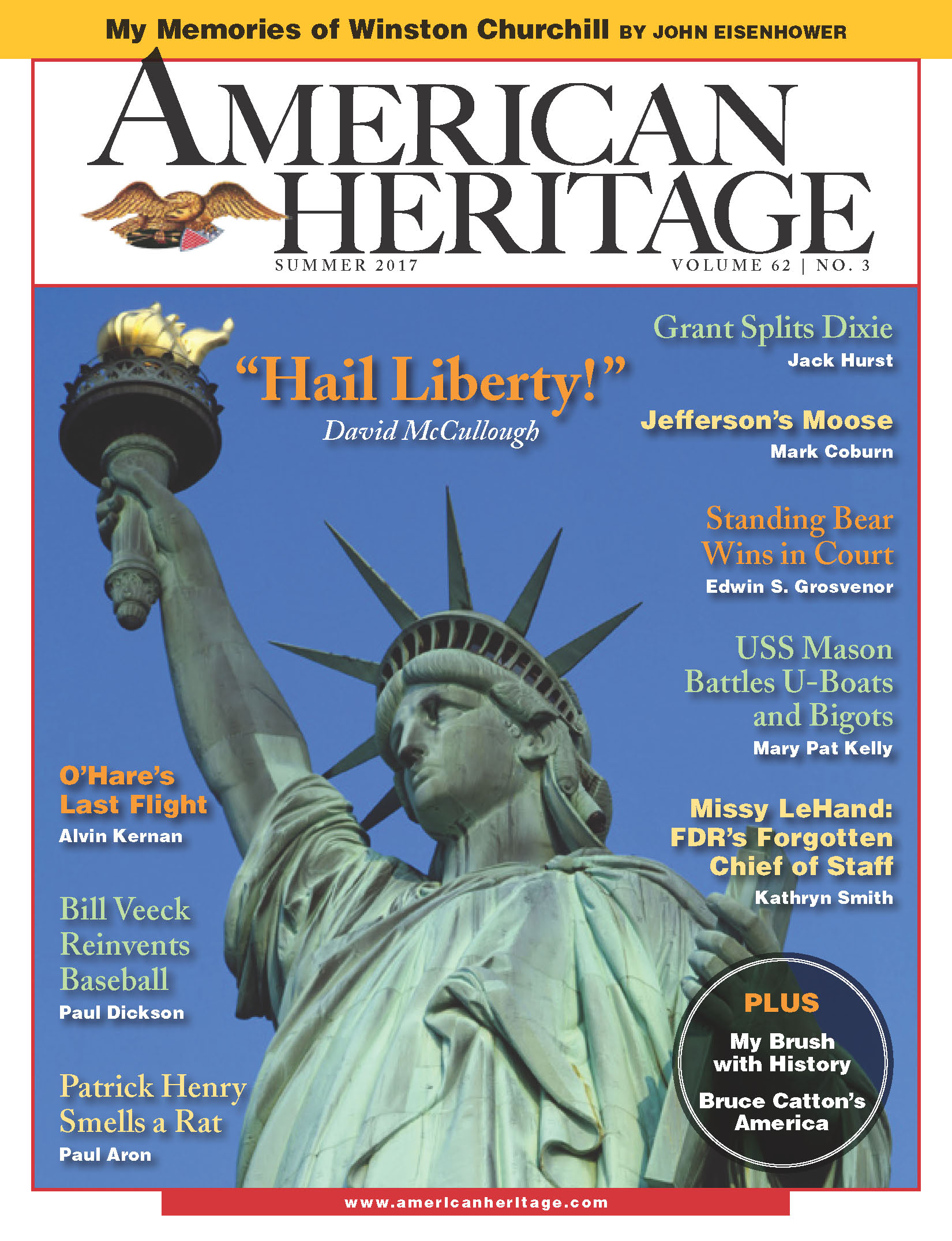-
September 1998
Volume49Issue5
Late in the morning of September 21, 1938, my seventeen-year-old brother came home from a flying lesson at a small airport in Revere, Massachusetts, near Boston, and offhandedly told our mother a hurricane was coming. “A warning came over the radio at the airport. It’s off the Carolinas, coming up the coast,” he said.
“Oh, we don’t have to worry,” my mother said. “Hurricanes don’t happen in New England. They have hurricanes in Florida.”
She made no protest when my brother said he was going out again. After all, the weather forecast for that day was “rain, cooler tonight.” She only reminded him to come home early for supper since it was my birthday.
My family, living on the second and third floors of a three-story ancient tenement in a poor section of North Woburn, was finally beginning to pull out of the deep economic problems brought on by the Great Depression. My father, who had been going from job to job and losing work almost as fast as he found it, had finally gotten a secure job with good pay delivering medical supplies for a company in Boston. My parents were looking for a better place to live, and they had bought a small piece of property on Cape Cod, where they were planning to build a summer cottage.
My grandfather, who lived four months of the year with us and four months with each of his other two daughters, had recently purchased a car. That morning he had left early and was not expected home until late afternoon.
On the dining-room table was a birthday cake my mother had made for me. I was seven years old, with little understanding of how difficult those years had been for my family. My brother’s talk of a hurricane had no meaning at the time, but I can’t forget that scene or the cake with its cascades of sugar roses.
Not long after noon my mother and I were alone in the house when we began to notice the wind picking up outside. It made a subtle growling noise that rapidly grew worse. The sunny skies turned a grayish yellow, then darkened, and it began to rain.
Fascinated, I watched the developing storm out of our living-room window. Suddenly a long row of large maple trees that lined the street by our house went down one after the other like dominoes, dragging electric light poles with them. The lights my mother had turned on as it grew dark went out. I began to cry.
Soon the house began shaking violently, and although my mother had closed all the windows, the wind blew through it as if there were no walls. In an attempt to cheer me up, my mother got some matches and tried to light the candles on my cake. As quickly as she lit them gusts of wind blew them out.
The house continued to creak and groan as the wind battered it. My mother told me later she was afraid to stay inside, but she was more afraid to leave. So she drew me to her and prayed as we huddled together as far from the windows as possible. It seemed to me that the storm with its howling winds shaking and tearing the house went on for hours.
“Will Daddy and Brother and Grampa be all right?” I asked again and again.
She answered each time as confidently as she could, “Yes, they’ll be fine. They’ll be home soon.”
It was very late that night when one by one my father, brother, and grandfather got home. They had stories to tell of their wild rides—dodging downed trees, navigating deep puddles, driving over lawns and fields. But they got home.
They were among the lucky ones, and so were my mother and I, because the house, though it suffered considerable damage, held together. Probably its draftiness saved it.
Unfortunately, many others fared less well. When the 1938 hurricane departed New England, it left more than seven hundred people dead, more than seventeen hundred injured, and untold millions of dollars in property and agricultural damage. The towns and villages of New England with their tree-lined streets were forever changed by the storm.
Around the fiftieth anniversary of the 1938 hurricane, I went back to see North Woburn. The house we lived in was gone. In its place was a modern bank building; the neighborhood had prospered. But the street where those lovely maples stood is still bare of trees.


